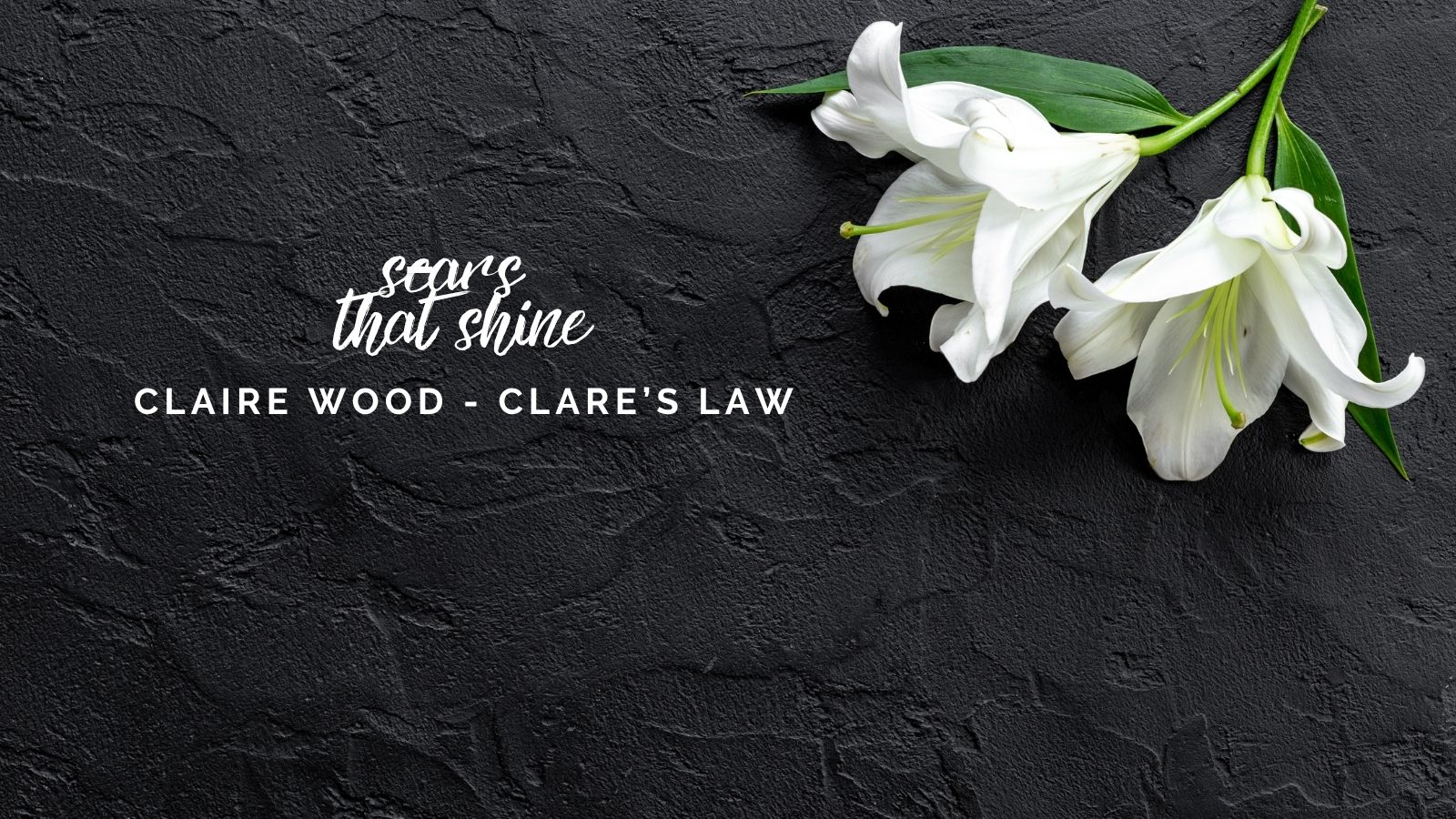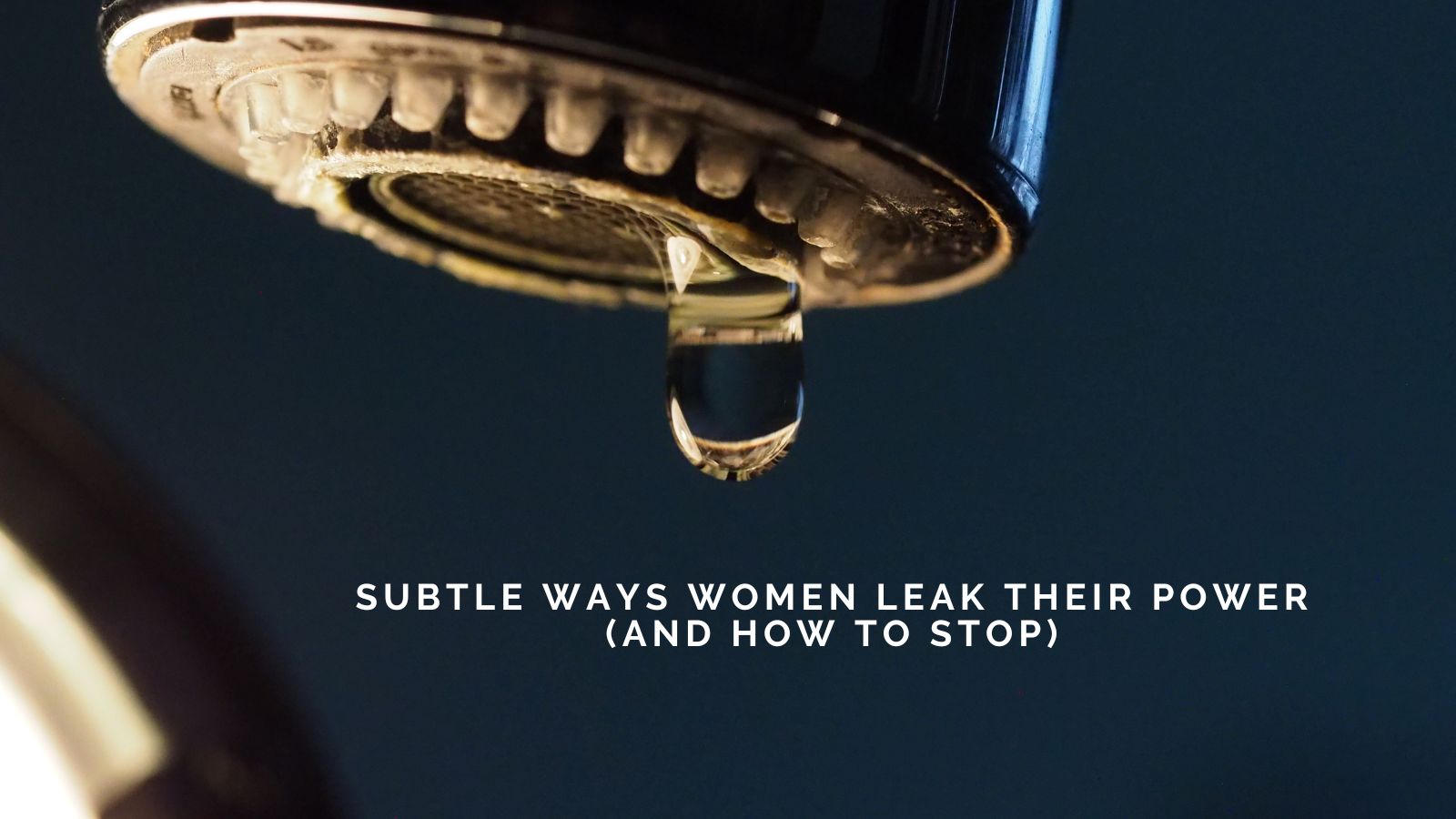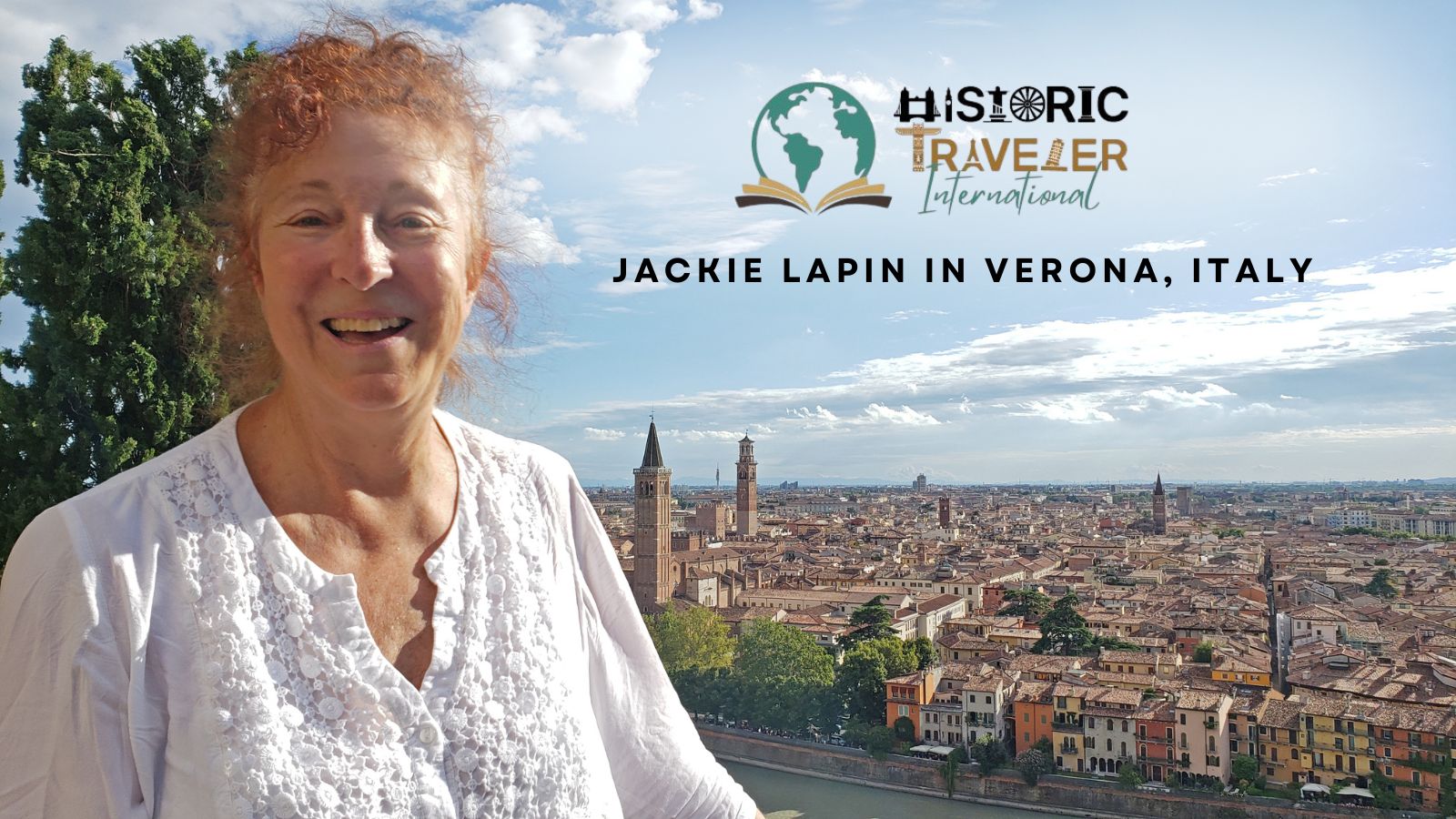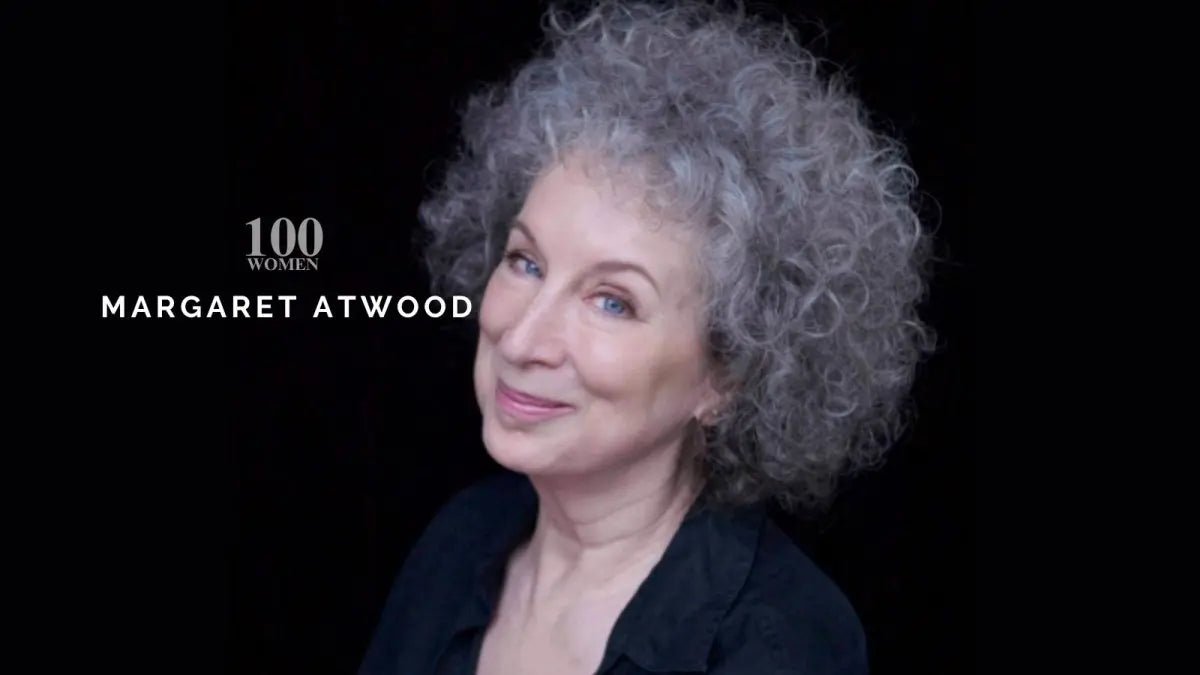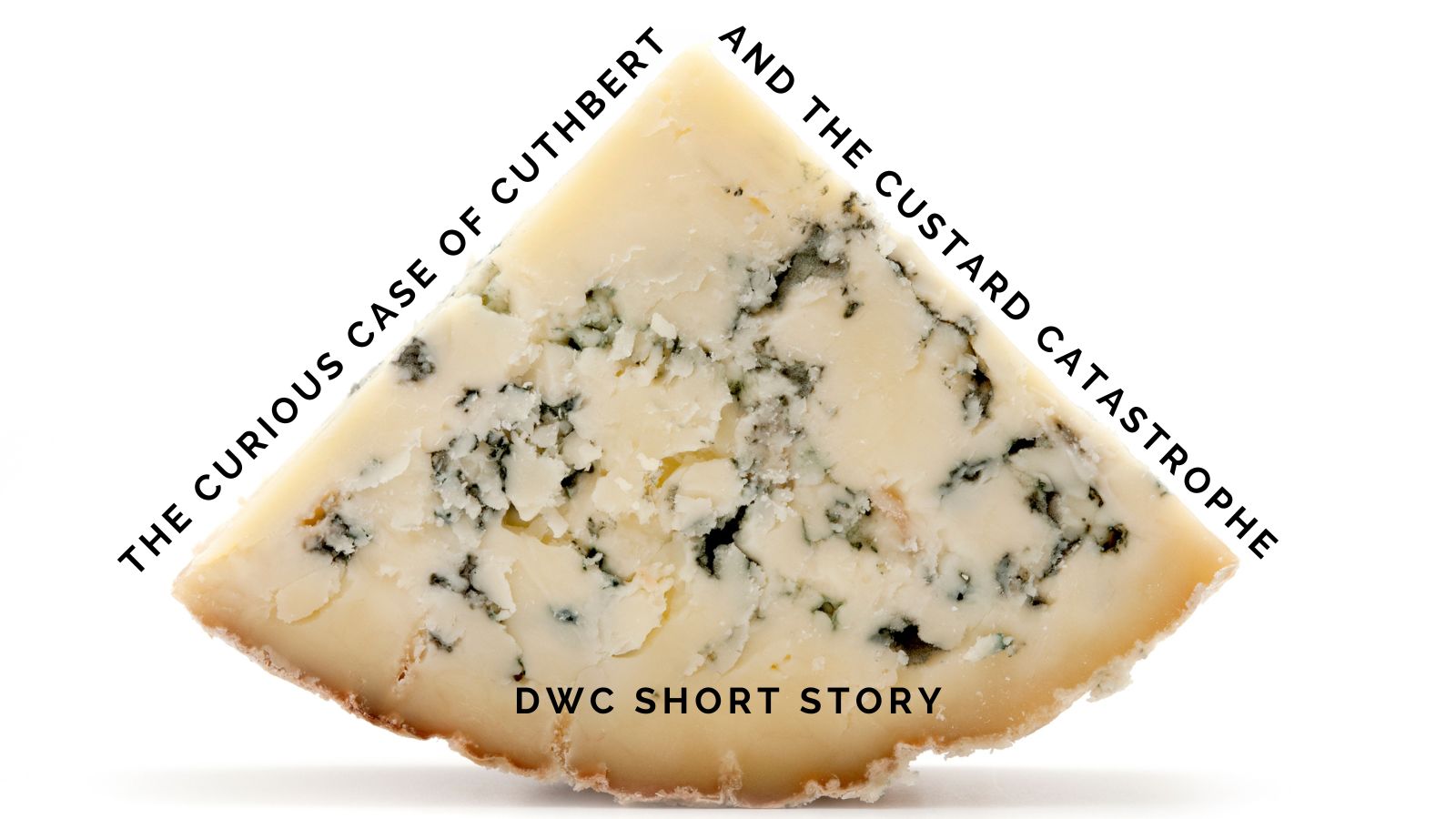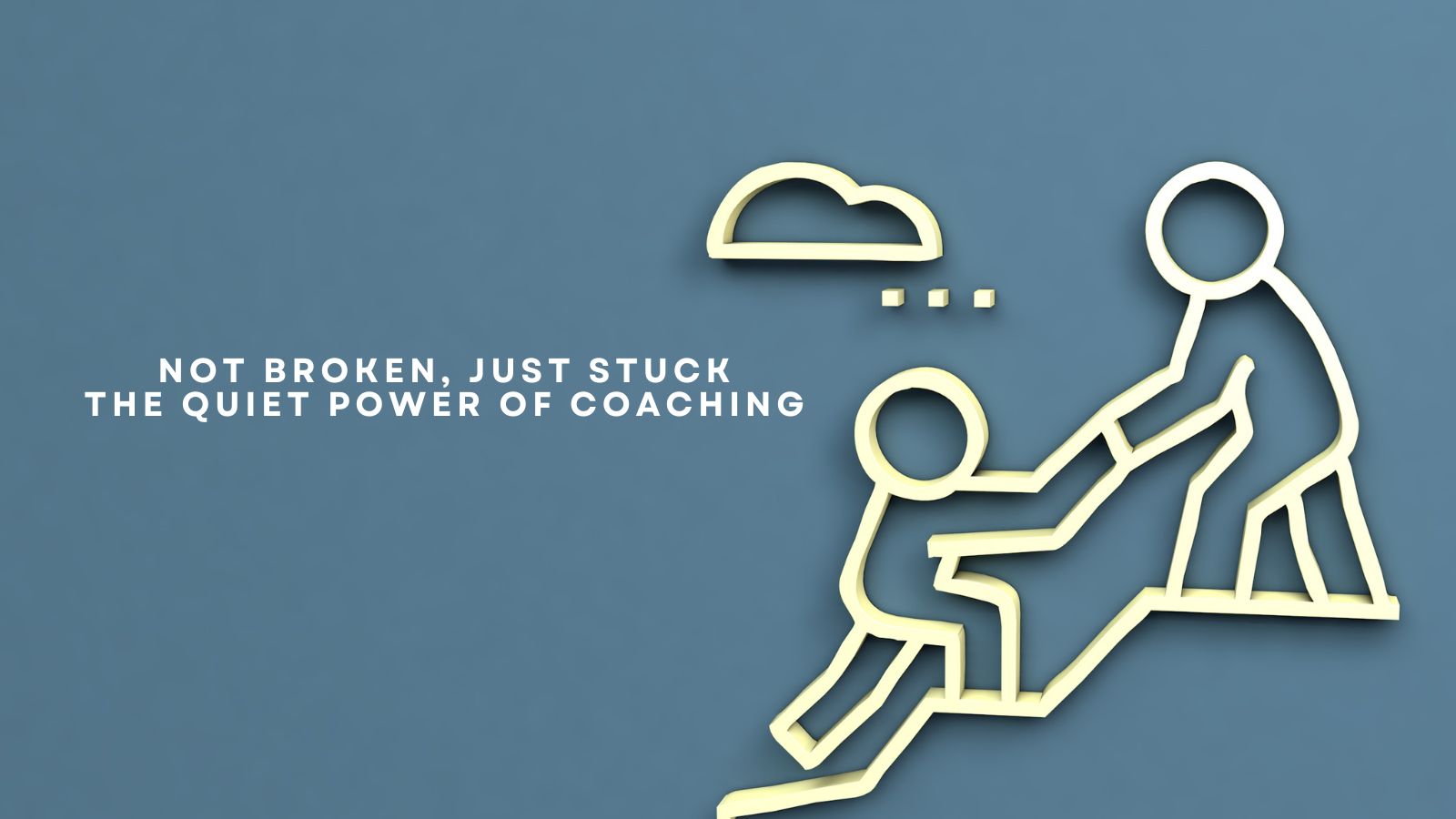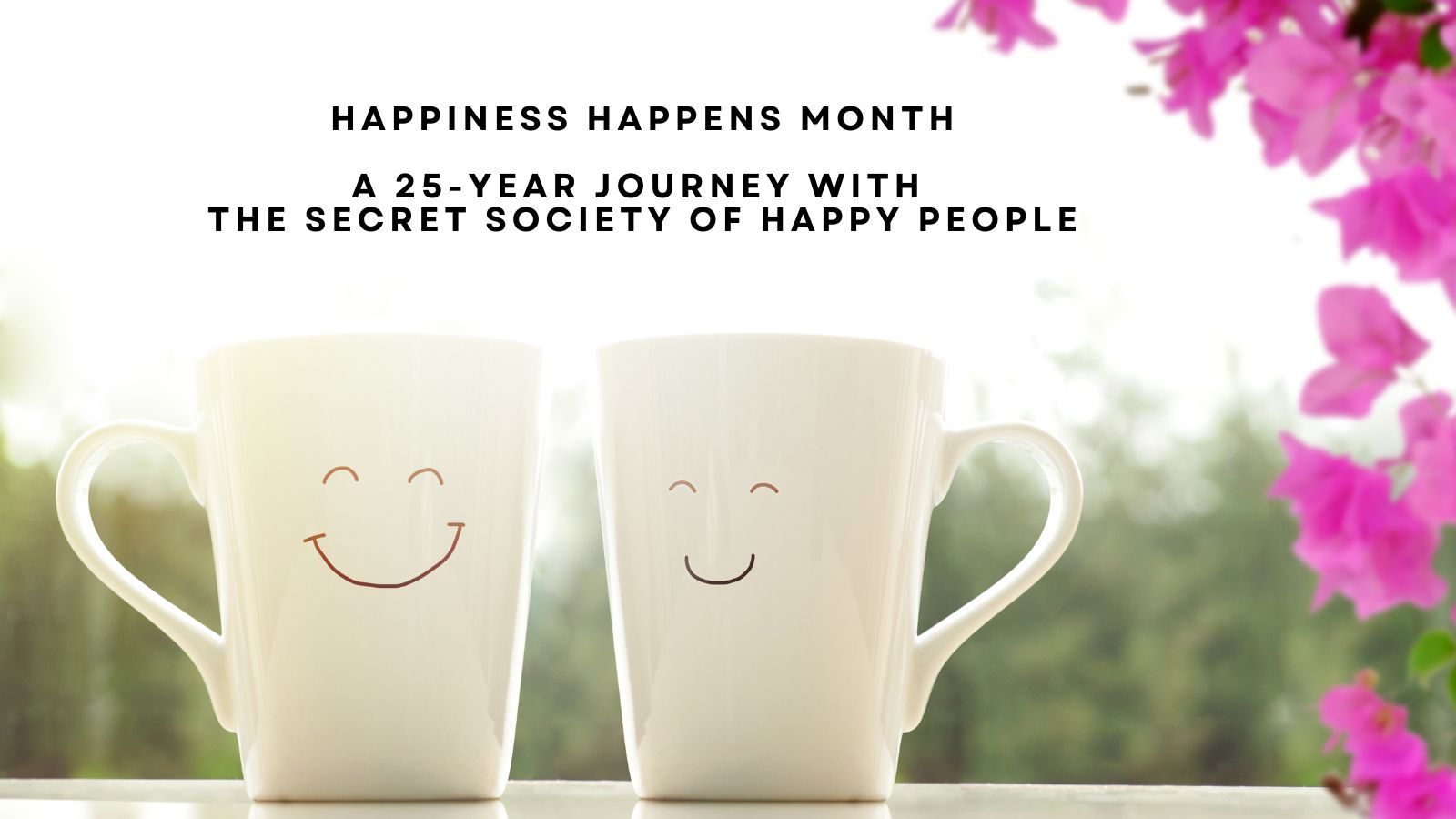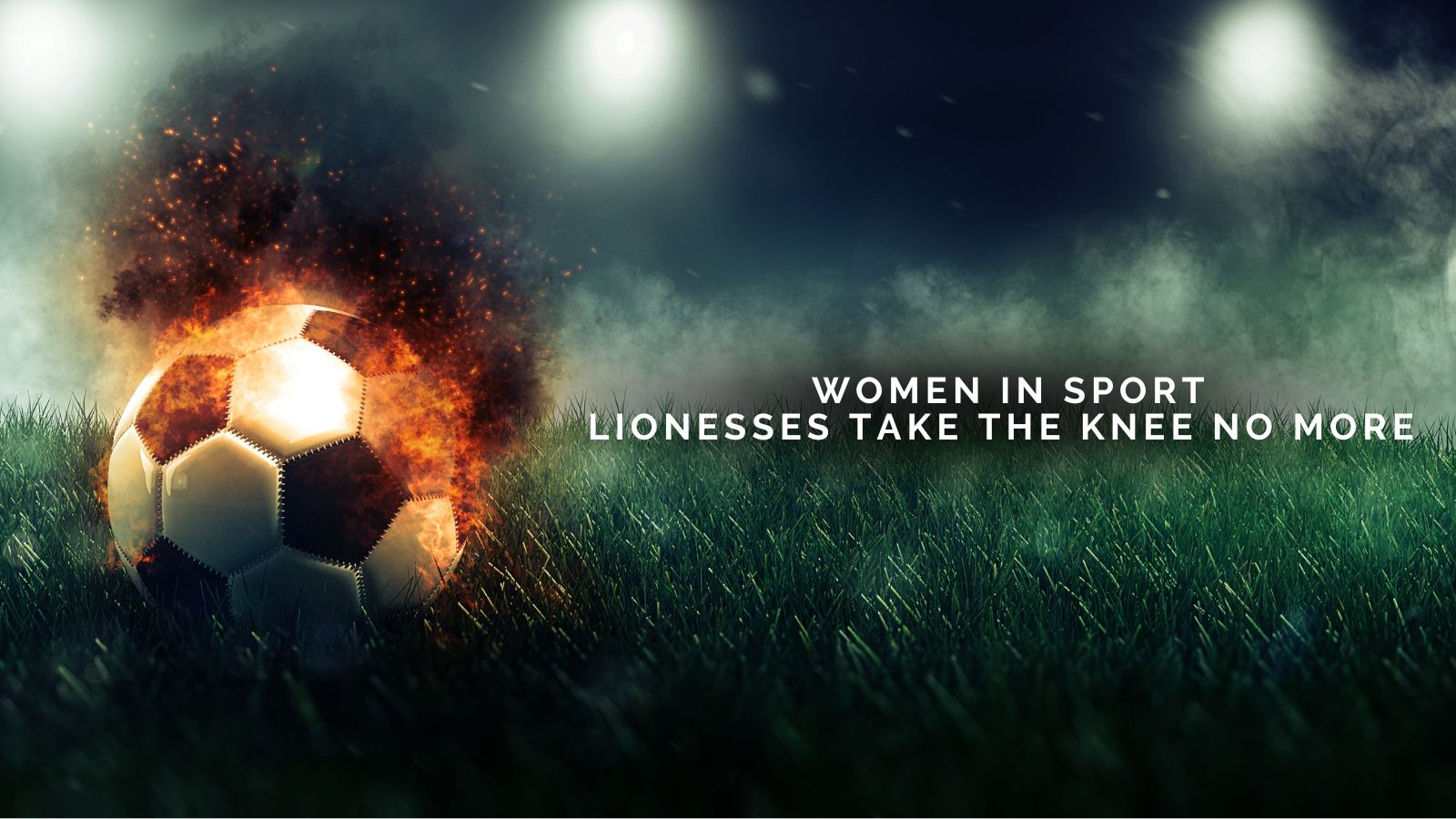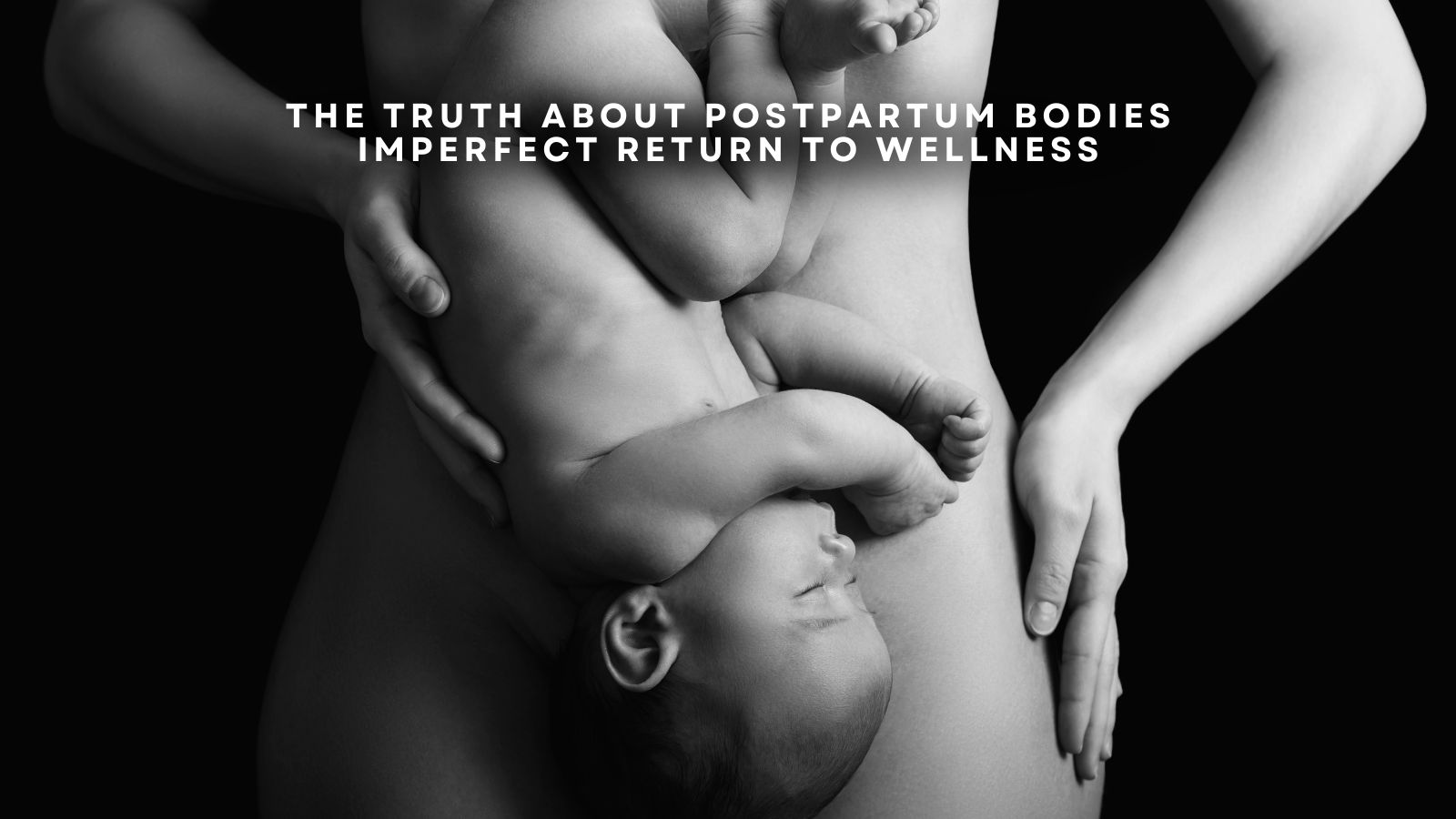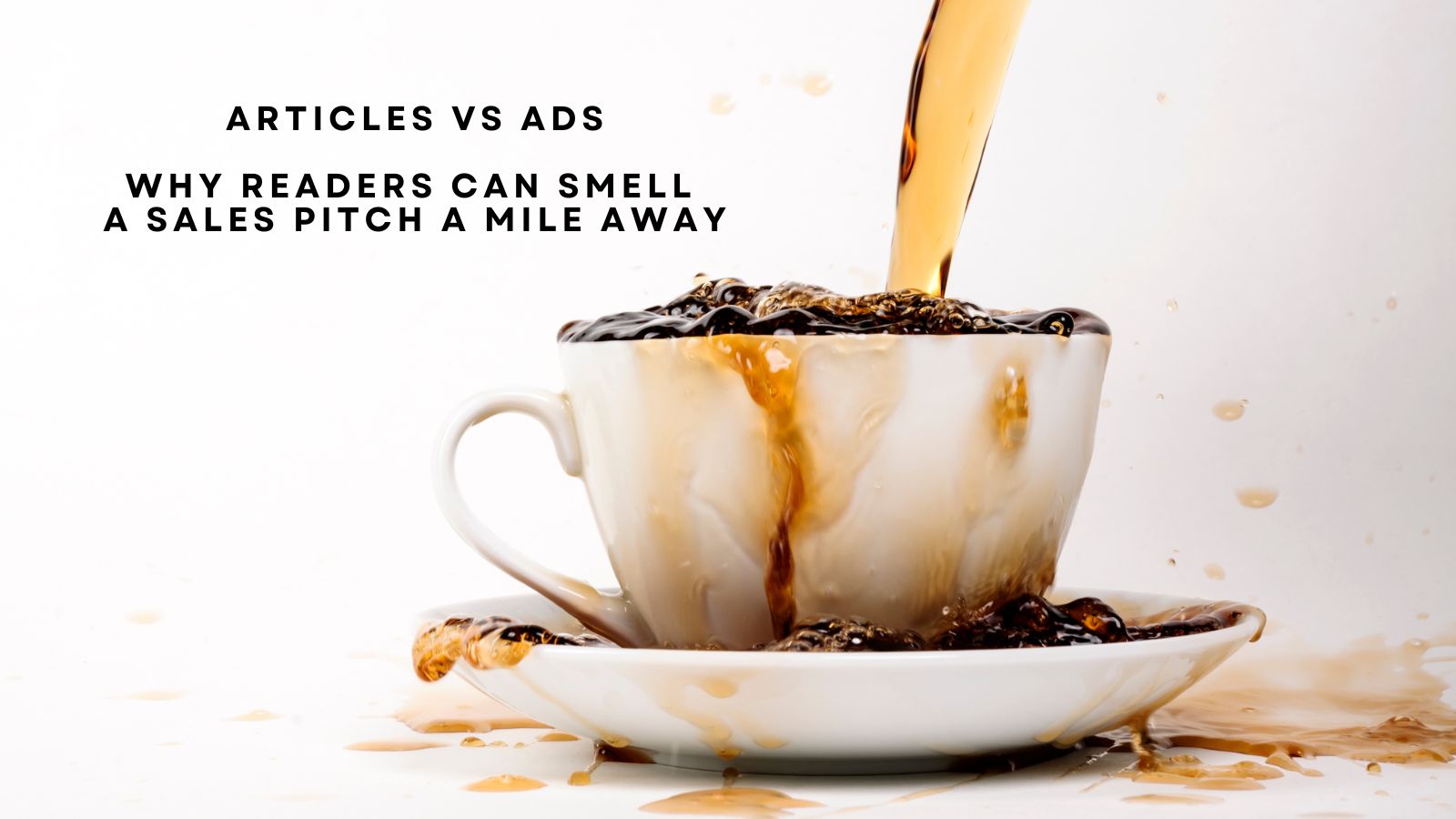
For 2025, we received 4,860 submissions for our free features section. Of those, we’ve published or will be publishing—around 350. Most of the rejections came down to one reason: self-promotion.
There’s a disconnect here that’s worth gently clearing up.
In recent years, a lot of people have been taught to sell through storytelling. To craft a narrative that subtly points to a product, service, or offer. And while that can work in some places, it doesn’t belong everywhere. In fact, the more this tactic is used, the more readers are growing weary of it.
Let’s keep it simple.
Camille, what do you do?
I raise awareness of strong women.
Camille, what’s your business?
I run an online digital magazine.
One is a mission. The other is a company. Both are valid but they serve different purposes.
The difference between an article and an ad is not just style, it’s intention.
An article is a gift. You’re offering insight, guidance, a personal story, or a valuable reflection with no strings attached. It’s there to help, to connect, to resonate. It gives something to the reader. It makes them think or feel. They walk away from it having gained something without needing to click a link or buy a product.
An ad is a request. You’re asking for something—time, attention, action, or money. It might be beautifully written, but if the end goal is “buy this,” “book me,” or “follow my link,” then it’s an advertisement.
And ads, by nature, come with a cost. Because here’s the truth: if you want people to promote your work, that kind of reach rarely comes for free.
Promotion whether it’s through a platform, a newsletter, a podcast, a website, or a social post takes real time, labour, tools, and resources. No one is sitting around waiting to work for free so you can sell something. Nor should they be expected to.
It's also important to remember that free opportunities come with their own cost—competition. Everyone wants them. So to earn your spot, your writing needs to be thoughtful, generous, and polished. You need to be clear about your intention. Are you here to share wisdom or to sell something?
You might think: But this is my passion. I’ve poured years into it. Why can’t I talk about it everywhere?
Let’s reframe that:
Imagine watching your favourite series on Netflix—with ads every few minutes.
Imagine every street sign shouting a sales pitch.
Every email, every scroll, every moment—just another thing someone wants you to buy.
Feels a bit much, doesn’t it?
That’s why platforms like ours, Medium, and Elephant Journal are protective of the reader’s experience. Our readers are often older women, this is something I mention in submission guidelines and in feelers or comments when people ask. They’ve seen decades of advertising and can sense a sales pitch long before I can hit “publish.” They’re not interested in being sold to, they’re looking for stories that feel honest, real, and deeply human.
They come to the magazine for a moment of pause. A breath between the noise. They want something that makes them feel something. If they’re moved by your words, they’ll want to know more about you. That’s where your bio comes in. If your words have moved someone, they’ll want to know more about you. That’s where the connection happens. And that’s where the interest in your work grows naturally.
When people arrive via Google or other search engines, QR codes, or links, they’ve already chosen to be here. So there’s no need to pitch. Be clear. Be real.
“This is an ad.”
“This is my story.”
Readers appreciate the honesty.
On Facebook, your post is just one of 1,500 others fighting for someone’s attention. That’s part of why people are slowly stepping back from long, veiled sales posts—and why shorter, more honest content is making a quiet comeback.
In the end, always return to Maya Angelou’s wisdom:
“People will forget what you said, people will forget what you did, but people will never forget how you made them feel.”
Write to connect. Write to make someone feel seen. And if you want to promote something, know that it’s worth investing in the space that allows you to do it properly.
That’s the heart of it. Whether you're writing for a magazine, a blog, or a book, unless it clearly says otherwise, you're not writing to promote. Leave someone feeling something that lasts.
And that, in itself, is the most powerful kind of impact you can have.
_(24).jpg)


